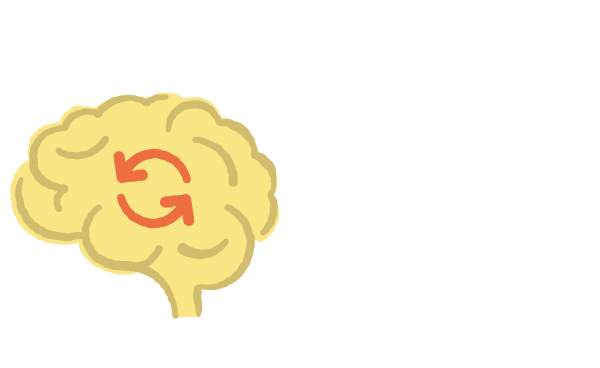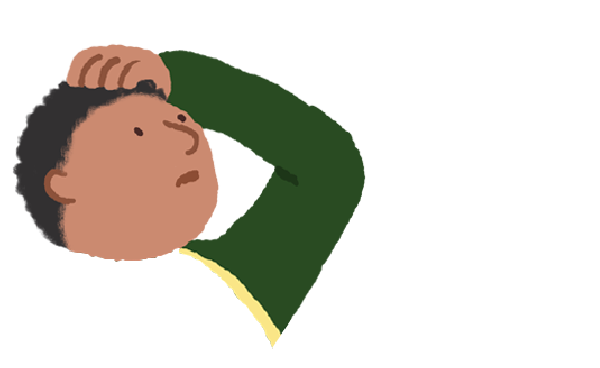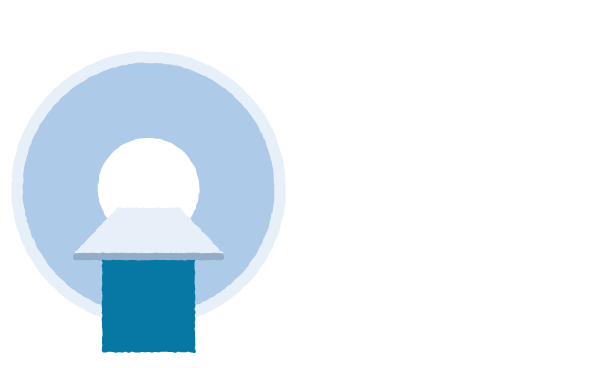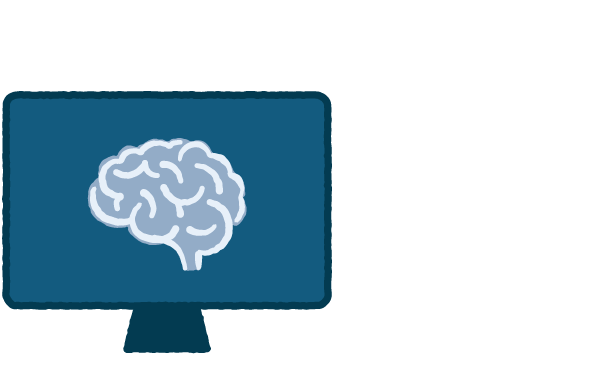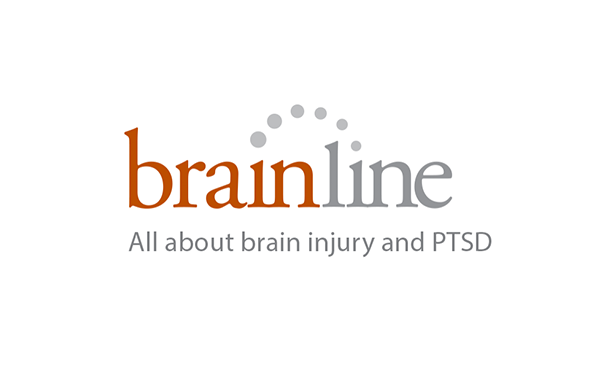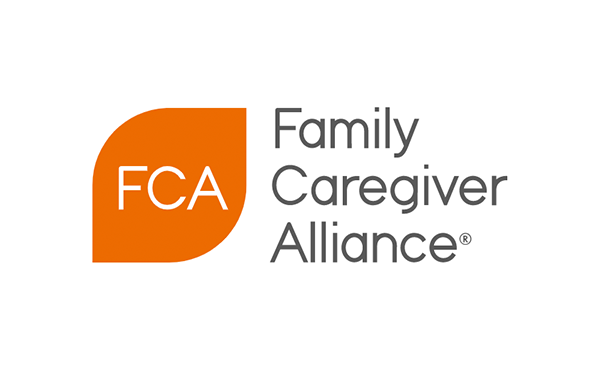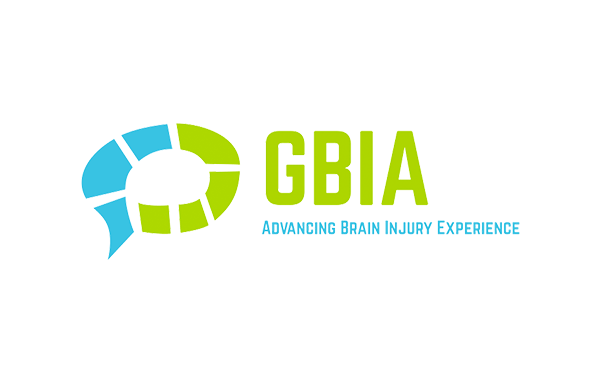Brain contusions
Learn about brain
contusions and what
we’re doing to help
Our brain contusions research
We know that certain cellular receptors (parts of the cell that receive signals) are involved in the build up of blood/fluid associated with brain contusion. We are investigating a study drug designed to specifically target a natural channel in the body called sulfonylurea receptor 1 (SUR1-TRPM4) and block its activity. SUR1 is found on brain cells, and studies have shown that it is involved in the expansion of a contusion after brain injury. By blocking the activity of SUR1, it is hoped that the study drug may reduce this expansion and thereby decrease damage to the brain.
What could a Biogen brain contusion trial involve?
Our brain contusion research is seeking participants who have recently been hospitalized due to a TBI and for whom imaging has shown a brain contusion. If you or a loved one are part of a trial for brain contusions, the trial physician will closely monitor your/your loved one’s health with health assessments, such as:
Computerized tomography (CT) scans combine X-ray images and computerized cross-sectional images to provide detailed information. They’re particularly well-suited to quickly examine people who have internal injuries due to trauma.
Magnetic resonance imaging (MRI) uses a magnetic field and computer-generated radio waves to create detailed images of the organs and tissues in the body, including 3D images that can be viewed from different angles.
These can tell us several things, including what your body does to the investigational drug and how long it stays in your body
You, and/or someone who cares for you may be asked to provide information to check your physical and mental ability and your general health after your brain injury, as well as any side effects of the investigational drug.
Other assessments will be involved. A full list of these, and all other requirements around taking part in a trial, would be fully discussed with you before you made a decision about whether to join a trial or not.
And remember, if you or the person you care for have joined a clinical trial, there are many rules and regulations in place to protect your rights, safety, welfare, and personal data.
What is the role of a caregiver in a brain contusion clinical trial?
If someone you care for has had a TBI, for example, a partner, sibling, other family member, or close friend, we appreciate that this is likely to be a very worrying time for everyone involved. Healthcare professionals caring for your loved one may discuss the possibility of a clinical trial, should the option be appropriate and available. If this is the case, and you wish to go ahead with the trial, you may be asked to provide legal consent for their participation. You might be required to help monitor any changes in their condition during the trial and report them to us. Visit our section on caregivers for more information about this role.
How can I get involved?
Our brain contusion research is currently being conducted at trauma and emergency centers. Healthcare professionals at those centers may discuss the possibility of a clinical trial, should the option be appropriate for you or your loved one.
If you’re interested in learning more about specific clinical trials, please use our trial finder and search for ‘brain contusions’.



